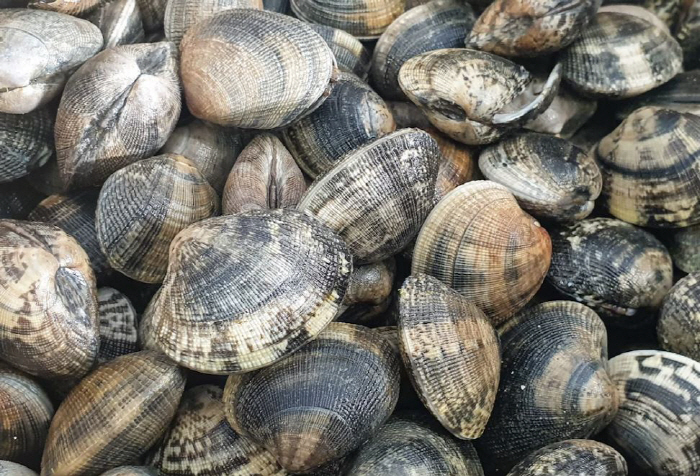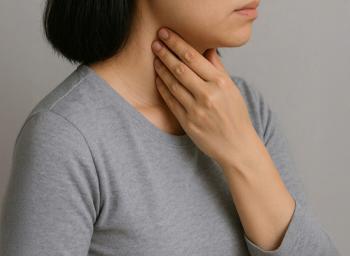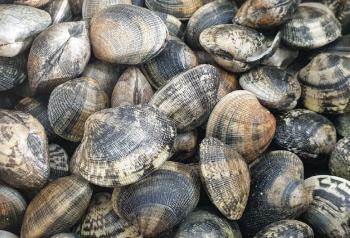A safe way to consume supplemental shellfish in the winter sea?
Oct 30, 2025
|
Seasonal food is the most delicious and nutritious food of the season, and when the cold wind starts to blow, you will find a medicine for the winter sea, such as oysters, scallops, mussels, and cockles. Shellfish are a time when the water temperature goes down between autumn and early winter, and are rich in nutrients such as zinc, iron, taurine, minerals, and proteins, which help health and vitality in winter.
However, the lack of freshness management and cooking hygiene can cause gastrointestinal diseases such as norovirus infection, vibrio sepsis, and food poisoning enteritis, so caution is needed.
Norovirus infection is transmitted through ingestion of food (such as fish and shellfish) contaminated with norovirus, water (ground water), or patient contact. In Korea, it occurs mainly from November to March, has a very strong infectivity, and can survive in a living environment for up to three days, making personal hygiene vulnerable and common to group residents. In addition, due to the short duration of immunity maintenance, past infected people can also be reinfected, and acute gastroenteritis symptoms such as vomiting, diarrhea, chills, fever, and abdominal pain appear within 12 to 48 hours of infection.
Vibrio sepsis is caused by infection with Vibrio vulnificus in seawater, and is mainly caused by raw consumption of undercooked shellfish or seafood in summer and early autumn, or when the wound comes into contact with contaminated seawater. Symptoms such as acute fever, chills, diarrhea, vomiting, abdominal pain, and decreased blood pressure may occur, and skin lesions such as rash, blisters, and swelling may occur within 24 hours. Patients with liver disease, diabetes, immunocompromised individuals, and alcohol dependents are at high risk and require special attention.
Ingestion of undercooked or spoiled shellfish can cause food poisoning enteritis due to various bacteria such as enteritis vibrio, Staphylococcus aureus, and Salmonella, and symptoms such as abdominal pain, diarrhea, fever, vomiting, and general helplessness appear.
Director Kim Jae-han of the Gastrointestinal Endoscopy Center at Daedong Hospital said, "When the cold wind starts to blow, you will naturally find shellfish in season. It is important to strictly follow safety rules such as freshness of ingredients and hygiene of cooking environment. Symptoms of the gastrointestinal tract such as diarrhea, vomiting, and abdominal pain after eating food may be simple enteritis, but it may be a disease that requires treatment, such as norovirus infection, so if left unattended or responded with folk remedies, there is a risk of deteriorating condition." "If serious symptoms such as diarrhea, vomiting, high fever, bloody excrement, dehydration occur, it is essential to visit a medical institution.
Before and after food intake and cooking, wash your hands with soap under running water for at least 30 seconds, and select fresh ingredients to clean them. It is safe to store fish and shellfish at a low temperature of 5℃ or less, heat them to 85℃ or higher, cook them, and consume them. In addition, it is important to use a dedicated cutting board and knife for each ingredient or to thoroughly disinfect cooking tools.
If you have skin wounds, avoid contact with contaminated seawater, and if you do, wash the exposed area thoroughly with clean water and soap. If you have gastrointestinal symptoms, avoid cooking, avoid contact with others for at least 48 hours after symptoms disappear, separate living spaces including toilets at home, and follow hygiene rules such as hand washing and disinfection to prevent secondary infection.
|
This article was translated by Naver AI translator.















